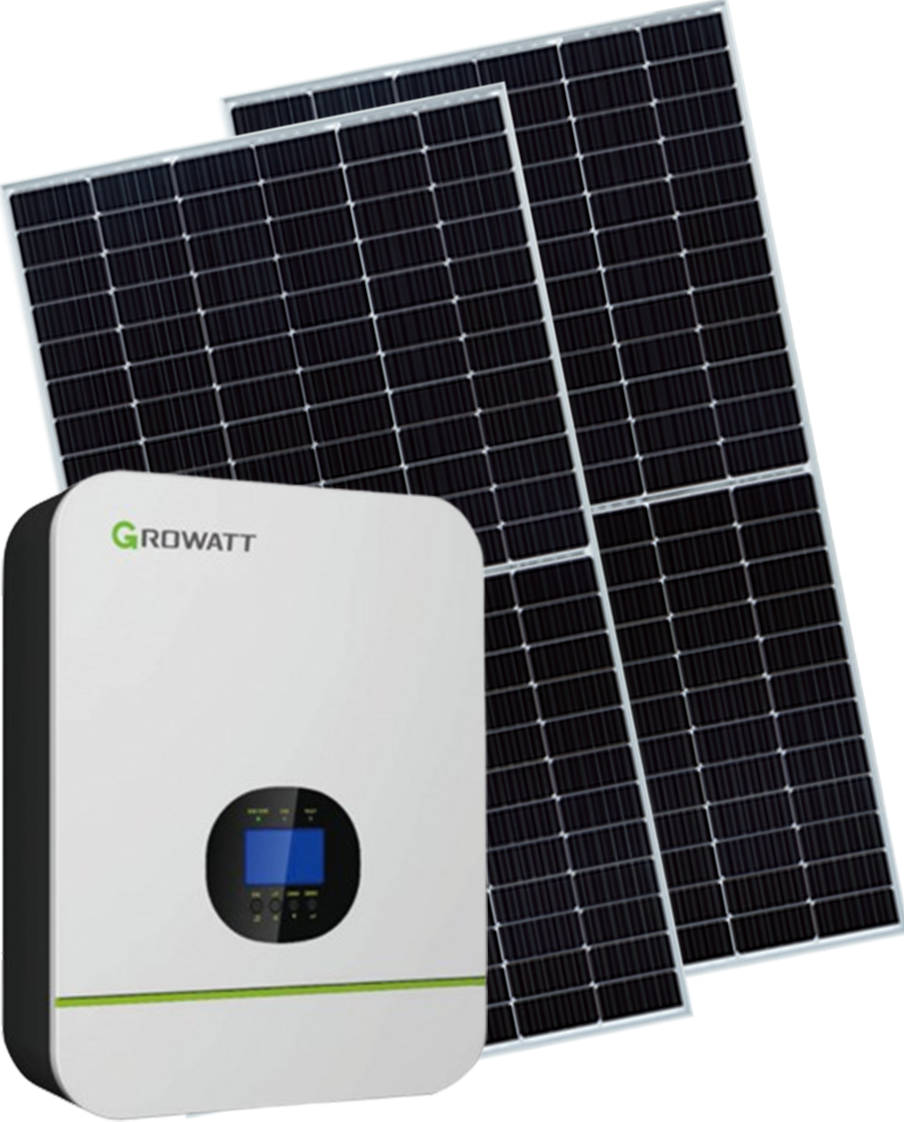With the rapid growth of renewable energy globally, solar systems have become an ideal choice for many homes and businesses. But how do you accurately calculate and select the solar system that best meets your needs? In this article, we’ll delve into the steps for evaluating energy consumption, sizing your system, and choosing the right components to help you create an efficient and reliable solar solution.
1. Understand Your Energy Consumption Needs
The design of a solar system must be based on your actual energy consumption. By analyzing your electricity bills over the past few months, you can accurately determine your household or business’s average monthly electricity usage. Multiply your daily energy consumption (kWh) by 30 days to get your approximate monthly usage. This is a crucial first step in choosing the right system size.
2. Calculate the Solar System Size
Once you have a clear understanding of your energy needs, the next step is to determine the size of the solar system. Solar system size is typically measured in kilowatts (kW), and you’ll need to consider the local sunlight hours and the efficiency of the solar panels. Use the following formula:
For example, if your daily average consumption is 34kWh, your area’s average daily sunlight is 5 hours, and the solar panel efficiency is 80%, the required system size would be:
System Size=34/(5*0.8)=8.5Kw
3. Importance of Energy Storage Systems
To ensure a continuous energy supply, especially during nighttime or cloudy days, installing an energy storage system (such as batteries) is essential. To calculate storage needs, use the following formula:
For instance, if your daily average consumption is 34kWh and you want to store energy for two days, you would need a storage capacity of 68kWh.
4. Guidelines for Choosing an Inverter
The inverter’s role is to convert the direct current (DC) electricity generated by the solar panels into the alternating current (AC) electricity used by your home or business. When choosing an inverter, make sure its capacity can handle the maximum output of your system. It’s generally recommended to select an inverter slightly larger than your system size to improve efficiency and system durability.
For example, the required system size is 8.5Kw, we should buy a inverter more than 8.5kw, like 10kwh.
Choosing an inverter that is slightly larger than your system size has several benefits:
Improves System Efficiency: A larger inverter can handle more power, avoiding limitations on output during peak sunlight.
Extends Equipment Life: Reduces the inverter’s operating time under high load, decreasing the risk of failure and extending its lifespan.
Allows for Future Expansion: Provides room for future additions of solar panels or storage devices, avoiding the need to replace the inverter.
Enhances Stability: Operates more steadily under lower loads, leading to improved efficiency and stability.
Provides Safety Margin: Reduces the risk of system overload, enhancing overall safety.
Prevents Performance Loss: Manages excess power, ensuring the system’s performance remains optimal.
5. Budget and Return on Investment (ROI) Assessment
Before investing in a solar system, it’s crucial to understand the total project cost and evaluate the return on investment (ROI). While the initial investment may be high, solar systems typically pay off within a few years through savings on electricity bills and potential government incentives. Calculating your ROI will help you understand the long-term financial benefits.
Summary
By following the steps and practical advice provided in this article, you can select an efficient and cost-effective solar system for your home or business. Not only can you significantly reduce your energy expenses, but you’ll also contribute to environmental protection.
(Taken from the Linked In profile of Sumer Deng, Specialized in Off Grid Inverter and Rechargeable Battery).
https://www.linkedin.com/pulse/comprehensive-guide-how-calculate-right-solar-system-summer-deng-3lfwc/?trackingId=DFWBD22G22aAk7FKIIsWQQ%3D%3D).







